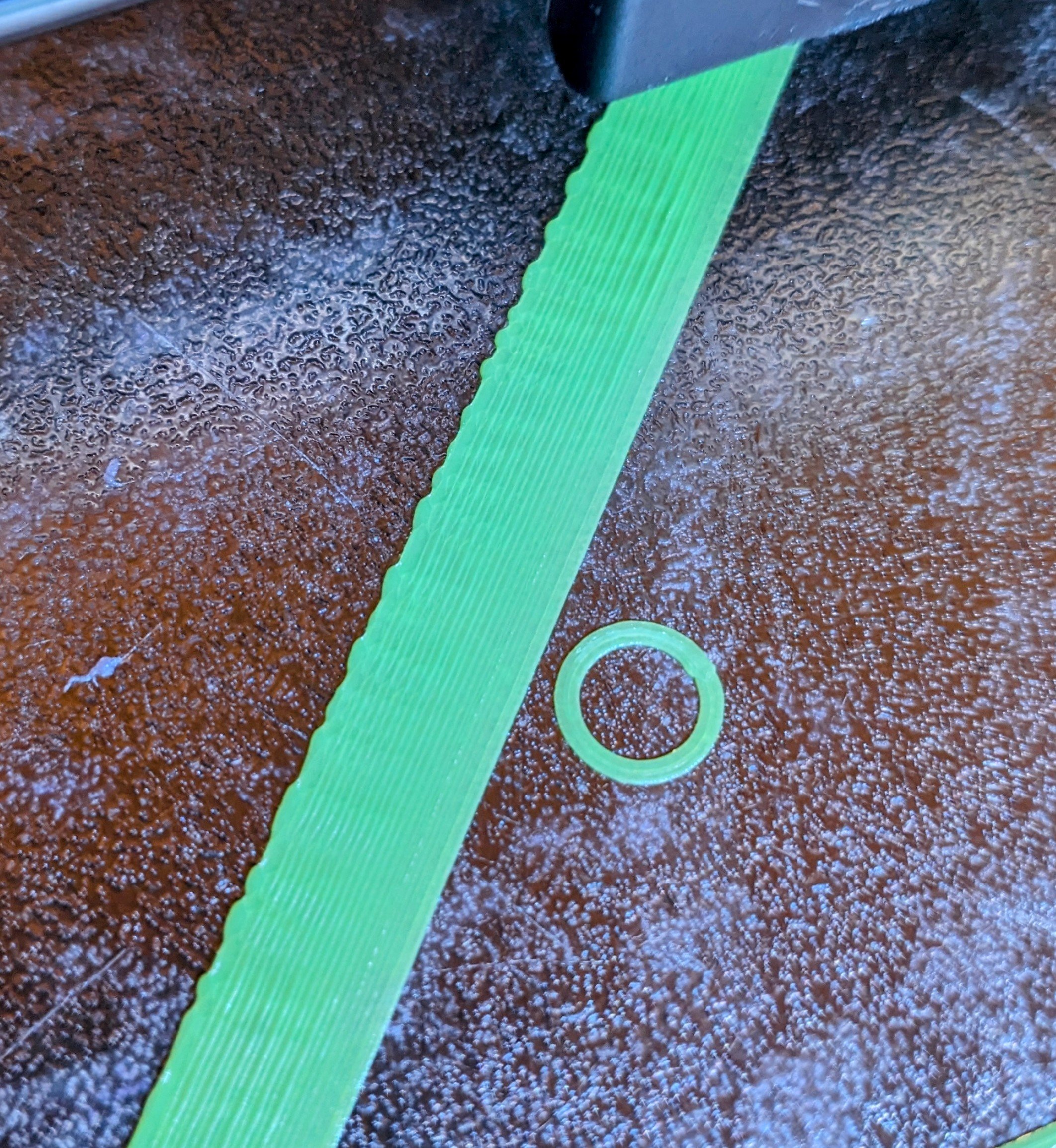view the rest of the comments
3DPrinting
3DPrinting is a place where makers of all skill levels and walks of life can learn about and discuss 3D printing and development of 3D printed parts and devices.
The r/functionalprint community is now located at: or !functionalprint@fedia.io
There are CAD communities available at: !cad@lemmy.world or !freecad@lemmy.ml
Rules
-
No bigotry - including racism, sexism, ableism, homophobia, transphobia, or xenophobia. Code of Conduct.
-
Be respectful, especially when disagreeing. Everyone should feel welcome here.
-
No porn (NSFW prints are acceptable but must be marked NSFW)
-
No Ads / Spamming / Guerrilla Marketing
-
Do not create links to reddit
-
If you see an issue please flag it
-
No guns
-
No injury gore posts
If you need an easy way to host pictures, https://catbox.moe may be an option. Be ethical about what you post and donate if you are able or use this a lot. It is just an individual hosting content, not a company. The image embedding syntax for Lemmy is 
Moderation policy: Light, mostly invisible

To elaborate a bit, it looks like over extrusion. Do you have a first layer calibration procedure you've used?
This is my attempt at calibrating the first layer. I don't know if there's some other process I should be using (while I'm fairly technical, I'm new to 3D printing)
If you look around you can find some pretty good tests to characterize all the different features that contribute to good performance. Usually they include using a feeler gauge at several points, and printing certain test shapes in different areas. I don't have one at hand, since I'm on mobile. Can you describe how you leveled it already? If you're looking for something to try immediately, I'd try printing at 10 and 20% less flow in the first layer and see how it behaves. Based on that, you can adjust the offset if necessary.